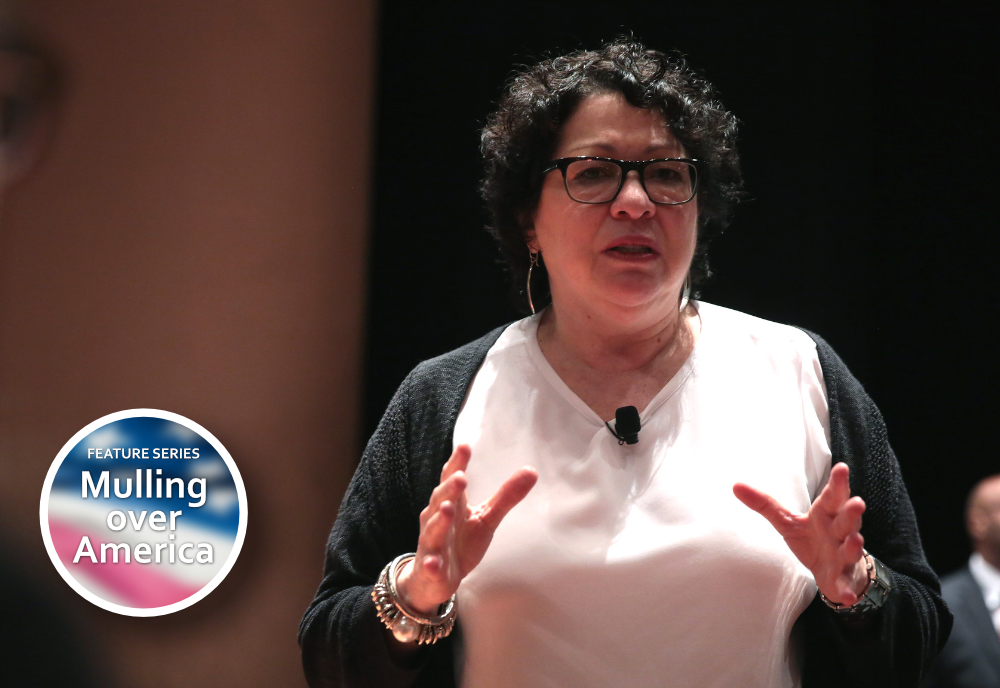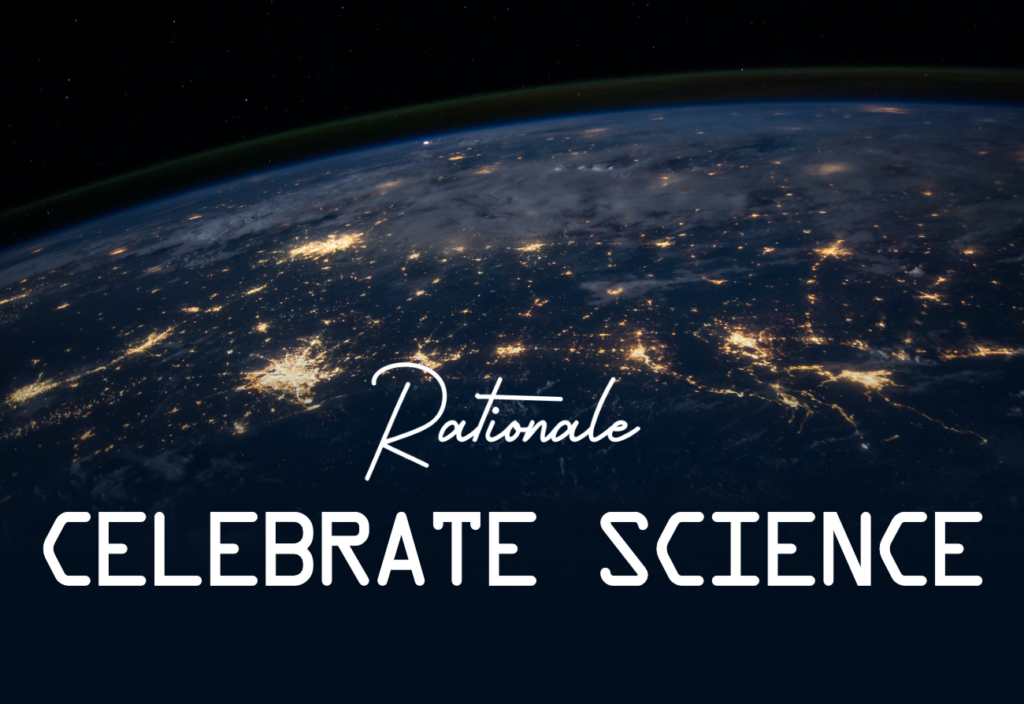In a quiet corner of my library is a book called Man and the Ecosphere. It’s a set of essays from Scientific American, edited by Paul R. Ehrlich, John P. Holdren and Richard W. Holm. I purchased it in January 1976, a year after leaving secondary school and six months after abandoning law school to rethink who I was as a human being and what I really believed. I have kept it as the decades passed, because the questions it raised have not lost their relevance. Indeed, they have become sharper and more important in the present century.
Some of you will see the name Paul Ehrlich and instantly react for or against, such was the controversy he and his partner Anne stirred up in 1968 when they co-authored The Population Bomb, which included dire predictions of imminent and apocalyptic ecological catastrophe. Huge famines would claim the lives of hundreds of millions of people in the 1980s they declared; and industrial civilization would unravel as key natural resources, including oil, were exhausted.
There are those who insist the Ehrlichs were right – just half a century or so out in their timing. Others insist that they were fundamentally mistaken and that scientific and technological civilization is triumphing in ways they entirely failed to anticipate. Pro or con, this is the debate of our era.
It’s not my intention to dwell on the Ehrlichs here. Even in the mid-1070s I read, along with Man and the Ecosphere and The Population Bomb, Herman Kahn’s The Next 200 Years, published in 1976 and acquired by yours truly in July 1978. Kahn – one of the models for the dark character Doctor Strangelove, in Stanley Kubrick’s classic early 1960s film about nuclear apocalypse – argued that humankind had made a ‘Faustian bargain’ in seeking to dominate the biosphere rather than be subject to it in ignorance and poverty. Keep going, he urged: the future can be dazzling beyond the imagining of the pessimists.
However, I picked up Man and the Ecosphere again recently and found myself reflecting on the ethical question: how accountable am I for the ecological footprint I personally make and what is the state of the debate? Ethicist Peter Singer likes to urge us to ponder such questions. Like Ehrlich, of course, Singer is roundly assailed by various critics. But let that pass. It is surely a perfectly good ethical question to ask.
It keeps bugging me because, even though – by the current standards of our ‘consumer society’ – I live rather modestly and responsibly it troubles me that every week I accumulate a ‘recycle’ bin full of plastic bottles, cardboard, paper bags, cardboard, tin or aluminium containers, discarded newspapers and magazines and other detritus, as well as a large black plastic bag of wet garbage and waste.
This troubles me, because I don’t have any clarity about the effectiveness of hard waste recycling; I don’t have a garden in which I can recycle food waste compost; and I am aware that there are billions of other human beings generating waste at least as fast and relentlessly as I do. Given that the word ‘guilt’ etymologically stems from words for ‘debt’, I would say I suffer from a certain guilt complex on account of the ‘debt’ I run up every day; week in, week out, to the material environment and to future generations.
I would say I suffer from a certain guilt complex on account of the ‘debt’ I run up every day; week in, week out, to the material environment and to future generations.
How so? I use things that consume raw materials that cannot be replaced. I do so prodigally, by any pre-consumerist standard and the net cost accounting is not something I can reasonably undertake. Are you with me? All I can do is live as sensibly as possible within the confines of a social and economic system that is churning through raw materials like there is no tomorrow. I am disquieted by that realisation.
Man and the Ecosphere has four sections: The Ecosphere and Pre-Industrial Man; Limits Rarely Perceived; The Dimensions of Intervention; and On Managezment and Buying Time. Distributed across those sections are 27 specialist essays. I won’t list them. But the one most immediately relevant to my point about debt is an essay by Harrison Brown called ‘Human Materials Production as a Process in the Biosphere’. It had originally been published in Scientific American in September 1970. I underscored many, many lines, reading it in 1976. I refer to it here, in passing, because of its topical relevance to my immediate, everyday concern.
Brown began by making the straightforward point that, for millions of years, our hominin ancestors lived sustainably, using organic materials that were biodegradable and plentiful; as well as inorganic ones, most notably stone, which were plentiful and non-polluting. Their populations, throughout that time, were thin on the ground. Neither in per capita nor in aggregate did they have cause to feel the kind of guilt I confess to suffering.
From the Neolithic onwards, though, we became more and more inventive, our numbers grew and our impact on the environment grew with it. Although there were various cases of crisis or collapse due to human errors in environmental stewardship, the world for millennia seemed vast and resources inexhaustible. Then came the Industrial Revolution.
Brown referred chiefly to the huge increase in the human consumption of metals and fossil fuels (as well as the use of plastics and paper products in the modern world): both the depletions caused by such use and the pollutants generated by our extraction, refinement and use of ores, hydrocarbons and wood. His tone was not, like that of Ehrlich, quite apocalyptic. It was cautionary.
He concluded on a sober note: “Man has it in his power technologically to maintain a high level of industrial civilization, to eliminate deprivation and hunger and to control his environment for many millenniums. His main danger is that he will not learn enough quickly enough and that he will not take adequate measures in time to forestall situations that will be very unpleasant indeed.”
Given that he was writing in 1970, he broadly anticipated, but did not predict the impressive gains we have made since then.
We have lived through half a century of unprecedented economic growth and increased general prosperity, while achieving notable efficiency gains in how we use energy and raw materials – as well as in how we accumulate, sort and share information. This is consistent with his general premise that we have the basic ability to handle the challenges facing us. Brown himself died in 1986, so he didn’t live to see the most impressive of these many gains.
Would he have felt reassured or gravely troubled by where we are now? I’m not sure, but I wonder whether I exhibit sufficient responsibility and restraint in my personal use of energy and materials. There is no doubt that as I have grown older I have consumed more, not less, in material terms. The range and affordability of material goods available to me has expanded in astonishing ways all my life. The world around me has ‘boomed’.
The range and affordability of material goods available to me has expanded in astonishing ways all my life. The world around me has ‘boomed’.
Western societies are overloaded with affluence. Predictions that there would be 15 billion people on Earth by 2050 have been scaled back, but there are twice as many of us as when the Ehrlichs predicted imminent catastrophe 50 years ago. Moreover, per capita consumption, around the world, has been going ahead by leaps and bounds in that time.
China’s economic ‘miracle’ since 1980 is only the most egregious instance of the explosion of per capita materials consumption. With almost 1.5 billion people, it has seen its economy grow at supercharged rates for 30 or 40 years. It now has more people living at the ‘American’ standard of income and consumption than does the United States itself. It has another billion aspiring to such standards. They hanker after cars, white goods, electricity, more meat, wine, vegetables, plastic containers, laptops and mobile phones. All of Asia is hot on their tail.
Even attempting to keep one’s sense of proportion or balance in the midst of this is a serious challenge: not only ethically, but even intellectually. The sheer quantity of data needed to weigh things up, the amount of reading and the skills in thinking demanded by the task are formidable. What would even constitute a ‘responsible’ effort in this regard? I don’t have an answer to that question and that is what troubles me most persistently.
Equally, it troubles me that social media allow all manner of irresponsible rhetoric on the subject to go viral and to cloud the picture rather than clear the air. There are relentless doomsayers and arrogant techno-optimists. There are those who claim that the End Times are due soon and we should, therefore, use up the rest of the world’s resources rather than ‘waste’ them. They won’t be required after the ‘rapture’, after all!
Then there are science fiction-based notions that we can trash the planet because ‘we’ will then just migrate out among the stars – presumably to plunder other worlds. In short, the world is rife with grossly ill-informed, irresponsible and downright dangerous lines of thinking. It shouldn’t be so.
In this context, Toby Ord, a philosopher at Oxford University, has written The Precipice: Existential Risk and the Future of Humanity (Bloomsbury, 2020). His dedication shows him poised between the Ehrlichs and Brown:
- To the hundred billion people before us, who fashioned our civilization;
- To the seven billion now alive;
- To the trillions to come, whose existence lies in the balance.
Officially, the world’s population is now actually 7.8 billion. Two hundred years ago, it was one billion. The total has more than doubled in my lifetime. Trillions to come is a daunting thought. That’s why it’s an ethical question.
This article was originally published in the March 2021 edition (vol. 120) of Australian Rationalist.









